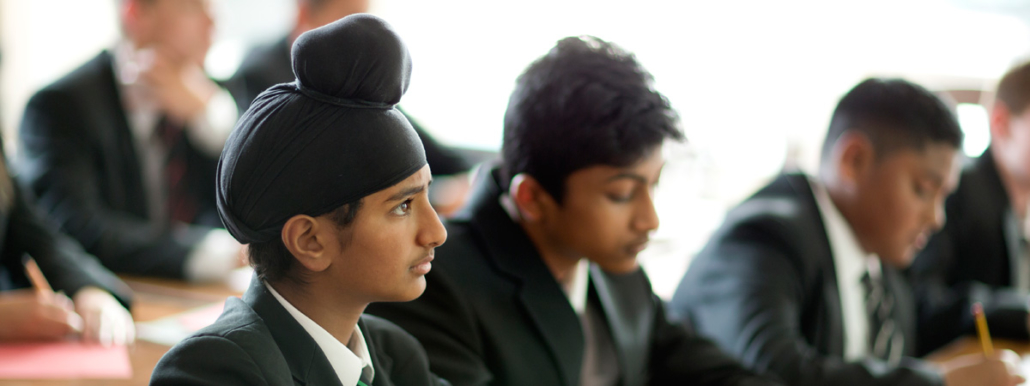WHAT WE DO
History is a compulsory subject in Years 7-9. These pupils are introduced to the principles of historical study through units on Native Americans, Medieval England, Tudor and Stuart Britain and the twentieth century world. At GCSE the current Modern World course (OCR) will be replaced from September 2016 by an OCR course covering a wider range of periods and embracing the History of Medicine. The new (2015) two-year A-level course comprises a depth study of modern Italy, a breadth study of Tudor England and a personal study (research-based) on modern Germany. We try to avoid being purely a study of ‘men in moustaches’ (the twentieth century dictators) in order to provide pupils with a rich range of reference and an opportunity to reflect on the breadth of history: political, economic, social, cultural, military, religious and so on. At all stages pupils are encouraged to think and make reasoned judgements, to write at length and to recognise the value and limitations of historical evidence. We believe that they (and we) genuinely enjoy the pursuit of a greater appreciation and understanding of the past.



